Interview with Daniel Alexander Jones
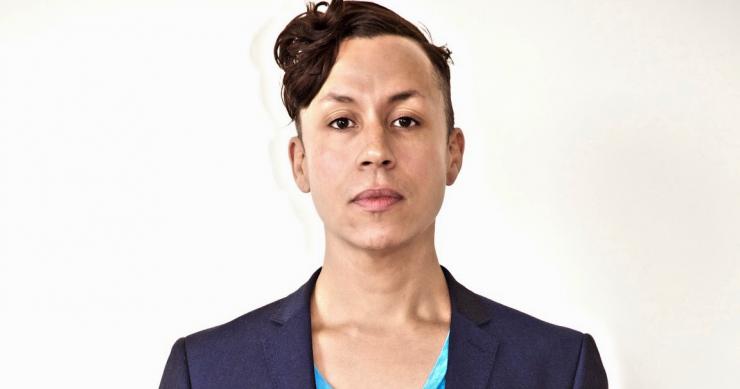
Anne García-Romero: Who were your teachers/mentors?
Daniel Alexander Jones: Dr. Constance E. Berkley at Vassar; John Emigh and Aishah Rahman at Brown were great teachers. I apprenticed with Laurie Carlos, Robbie McCauley, Rebecca Rice, and Kathryn Gagnon. I learn always from the work of Erik Ehn, Bridget Carpenter, Helga Davis, E. Patrick Johnson, Naomi Wallace, Naomi Iizuka, Taylor Mac, Ruth Margraff, and Aaron Landsman—the list goes on and on. Teachers are everywhere if you want to learn.
Anne: Can you share a brief story about learning from a teacher of yours and/or some words of wisdom that your teacher imparted to you?
Daniel: Aishah Rahman taught me no matter how pretty my words were, unless they moved the bones, they were useless. Language for performance has a pulse. She taught me to be fearless about cutting away anything that did not move.
Alice Tuan: In what venues, forums, and contexts have you taught playwriting?
Daniel: I have taught at almost every theater where my work has been produced; at Playwrights’ Center and New Dramatists; at community centers; all the time in one-on-one tutorials; at Goddard College and UT Austin MFA programs; currently I am at Fordham University.
Alice: What are we training playwrights to do and who are we training playwrights to be?
Daniel: Try not to teach lambs toward slaughter, but rather to raise a ruckus within themselves and encourage embodied questioning. Teach that the field is for sowing, not just reaping. Teach that they must walk with their play at all stages and that the art of holding a living, unfolding creative act in your head, your heart, and your hands while running, is as sharp as teeth, as slippery as fish, as frustrating as wet matches, and as humbling as a desert night sky. Teach that practice, with practice, makes practice, not perfect, but practice for practice’s sake most times. Teach that the pursuit of fame is an option, but is distinct from the work of writing plays and fostering the collaborative crucible to bring them into light. Teach to push past the easy draft, past the facile comparison, past the book within reach on the bookshelf, and past the first results of the Google search. Teach always to move their bodies in space since bodies in space are the primary sites of the plays they’ll make. Teach them to welcome contemplation as active space while banishing passivity from their bank of habits. Teach that the two things they cannot prepare themselves for, but must know are coming, are the indifference of most others in the field and the miraculous grace and presence of some individuals in the field.
Teach that practice, with practice, makes practice, not perfect, but practice for practice’s sake most times.
Alice: Some of our students choose not to continue on to professional playwriting careers. What might be other professions that utilize playwriting skills and what might be some examples?
Daniel: Most playwrights I know already manage multiple careers; name it, we can swing it! A plus side to imagining different realities, yo.
Anne: What are the deeper benefits of exploring drama writing and its forms and how do they help us understand, articulate, and unpack a more and more complex, technological world?
Daniel: At its best, the writing is a practice of both individual presence and radical empathy. This practice serves to cultivate a keen awareness of the multiple, moving threads that make up any given experience. We are invited to see more fully, to listen beyond the surface of things, to touch invisible truths. I believe the practice of writing for performance develops our capacity for depth perception, or in other words, our ability to see well beyond the surface of people, places, and events to sense vibrant, complicated, and ever-evolving substructures. We can become less gullible, less prone to facile language and quick fixes. We can be more patient. We can be more willing to engage larger, often seemingly contradictory structures (historical, cultural, personal) that precede and follow the flashpoints in our own and others’ lives.
Alice: Can scripting transculturation and the performance of it deepen our democratic promise?
Daniel: The imagination is the primary site of a new colonialism. I am avowedly anti-colonial. Curiosity about people, cultural forms, and experiences different than one’s own is central to the drive of a writer. If initial creative explorations are scalded by political-correctness-gone-wrong, or boxed out of concern for the marketplace, early writers may never venture forth again, or may hew so closely to worn tropes that they never break open their own spaces of insight. So, yes, in spaces of learning we have a chance in some small but measurable way to invite writers and performers to make a democratic mess and sit in it long enough for everyone to separate wheat from chaff.
Anne: Can you share one writing exercise or classroom approach that is fundamental for you in establishing a space for your students to create new works for the theater?
Daniel: I often lead a multi-part exercise in which students create detailed body maps. It begins with physical work (movement, breath, and embodied imagination), then transitions to the visual (construction of a two-dimensional life-sized map—usually done on butcher paper—including representation of anatomical, energetic, emotional, psychological, and cultural topographies), then to writing (responding to a series of prompts rooted in the content of the map which result in text for performance). The foundational work done in this intentionally subjective exercise is then transferable to the writer’s exploration of imagined characters and helps to root them and complicate them through detailed experience of embodiment.

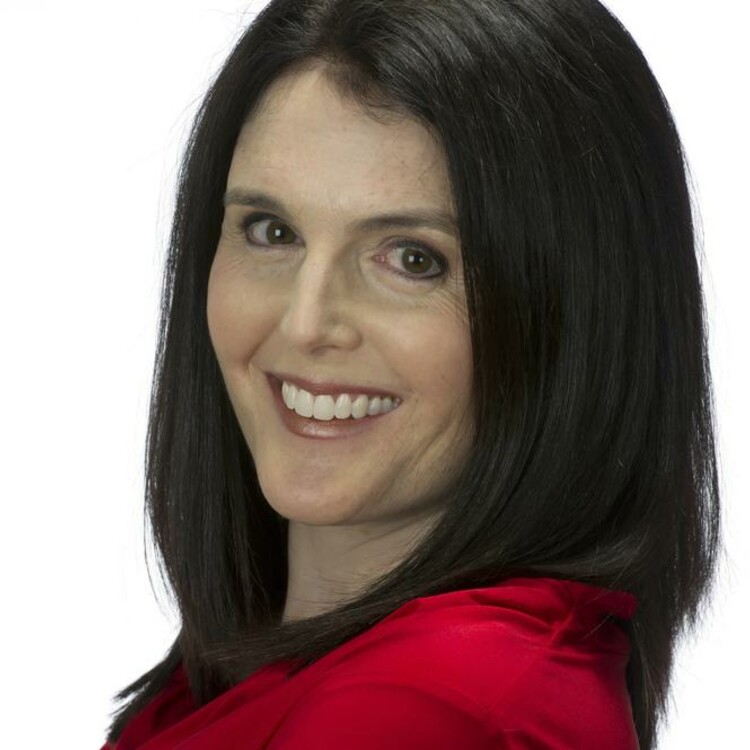
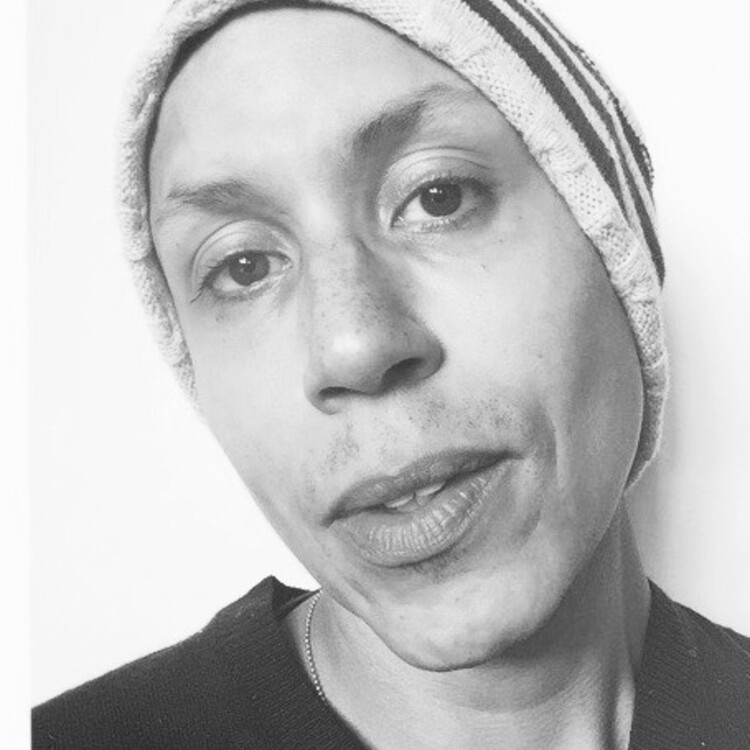
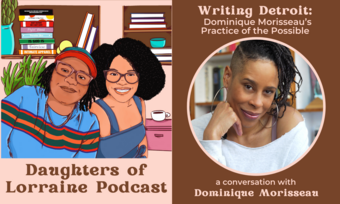



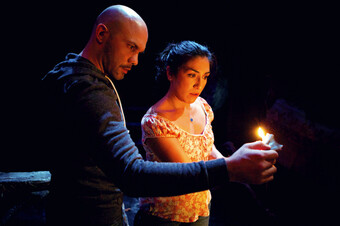





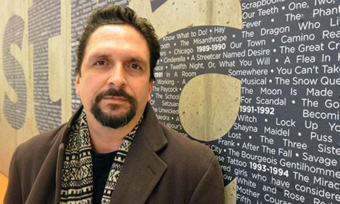


Comments
The article is just the start of the conversation—we want to know what you think about this subject, too! HowlRound is a space for knowledge-sharing, and we welcome spirited, thoughtful, and on-topic dialogue. Find our full comments policy here
An inspiring interview with the exceptional Daniel Alexander Jones- phenomenal artist and teacher.